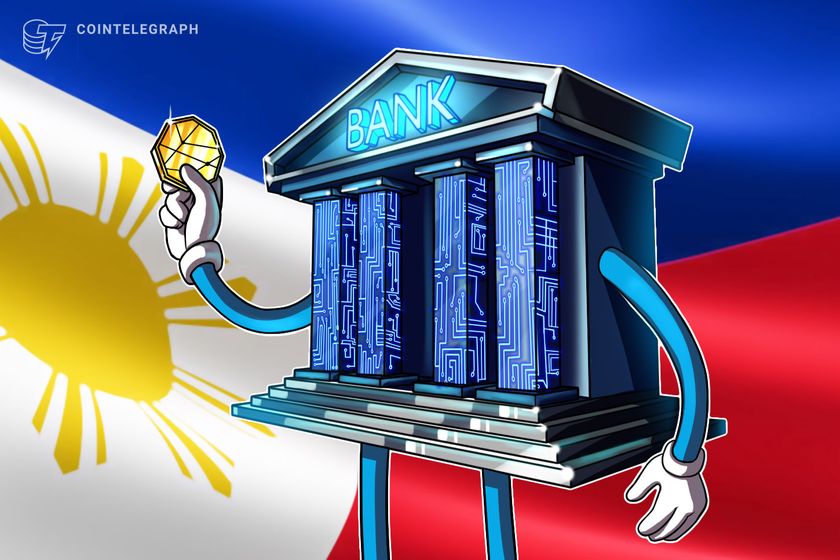The country’s central bank will focus on the wholesale CBDC, which will be mediated by the banks.

News
The Governor of Bangko Sentral ng Pilipinas (BSP), Eli Remolona Jr., has revealed his intention to introduce a wholesale central bank digital currency (CBDC) in the next few years.
Speaking to a local newspaper, the Inquirer, on Feb. 12, Remolona explained the details behind the BSP’s plan to develop a CBDC. The central bank won’t be using blockchain technology in this project as, according to its head:
“Other central banks have tried blockchain, but it didn’t go well.”
Instead, the CBDC will operate on the Payment and Settlement System, which the central bank owns. The BSP will focus on the wholesale CBDC, which will be mediated by the banks.
The Bank is skeptical about potential problems with the retail CBDC: disintermediation, bank runs during financial stress, and further magnifying of a central bank footprint. Remolona explained:
“The decision is to limit it to wholesale — banks will be the only counterparties and then, retail will ride on them.”
Remolona pointed to the examples of Sweden and China, conceiving the CBDC as a digital complement to cash and “rival cryptocurrencies.” He believes the Philippines can replicate their experience.
According to the official, the CBDC “would definitely happen” within his term as governor. Responding to journalists’ question, he confirmed that it could actually happen in the next two years.
Related: Philippines to sell $179M in tokenized treasury bonds for the first time
The Philippines takes a hard stance on the crypto industry, defending the local market from foreign players. In December 2023, the Philippines Securities and Exchange Commission (SEC) reiterated its ban on Binance due to the exchange’s unregistered activity in the country.
Despite multiple warnings, Binance has apparently remained one of the major crypto trading platforms in the Philippines, with some users describing its local services as “reliable and stable” on social media.
Responding to the public criticism and the arguments on the cost attractiveness of Binance for local investors, SEC chair Kelvin Lee pointed out the factors of compliance costs evaded by Binance and advised the investors to use one of the 17 registered virtual asset service providers.
Magazine: 4 clever crypto scams to beware — Dubai OTC trader Amin Rad



